Work will begin on a 9,000-panel solar farm at drinks giant Diageo’s Leven packaging site next month.
The firm will start the work on vacant land within its 150-acre site after receiving planning approval.
Occupying an area the size of eight football pitches, the solar panels will generate up to 22% of the site’s annual electricity needs and up to 60% over summer months.
The solar farm is expected to be one of the largest of its type in Scotland, producing 4.1MW of electricity.
It will reduce CO2 emissions by about 830 tonnes per year.
Diageo solar farm complete by 2023
Diageo Leven operations director Gavin Brogan said: “It’s fantastic to make this project a reality, creating a more resilient and energy-efficient plant.
“Working in partnership with E.ON and Emtec Energy, the solar array will generate nearly a quarter of our annual energy use.
“We are committed to playing a positive role in our local community, so we will continue to invest in projects like this one to improve our impact on the environment and future-proof our operations.
“We have a number of those projects in the pipeline, including looking into sustainable heating solutions which the solar farm development will help to power.”
Diageo submitted the original planning application in July 2021.
The project is wholly contained within the site to minimise disruption within the local community.
It is scheduled to be complete and generating power by early 2023.
Carbon neutral commitment
Diageo’s Leven bottling and packaging site produces 40 million cases of premium spirits each year.
The majority of the production at the site is for export to markets around the world including leading global brands such as Johnnie Walker and Smirnoff.
It also produces single malts including Lagavulin, Talisker and Oban.
Under Diageo’s Society 2030 commitment, the firm aims to be carbon neutral by 2026.
Having reduced half of the carbon in its operations already, the business aims to remove the rest by 2030, harnessing 100% renewable energy everywhere it operates.
It has also committed to partnering with suppliers to reduce indirect carbon emissions by 50%.
Three of the company’s whisky distilleries – Oban, Royal Lochnagar and Brora – have already achieved net zero carbon emissions.
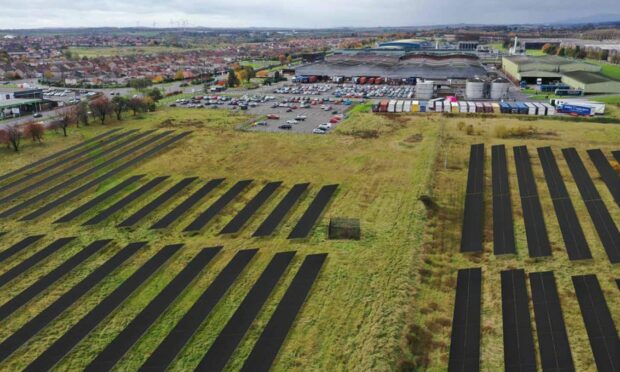
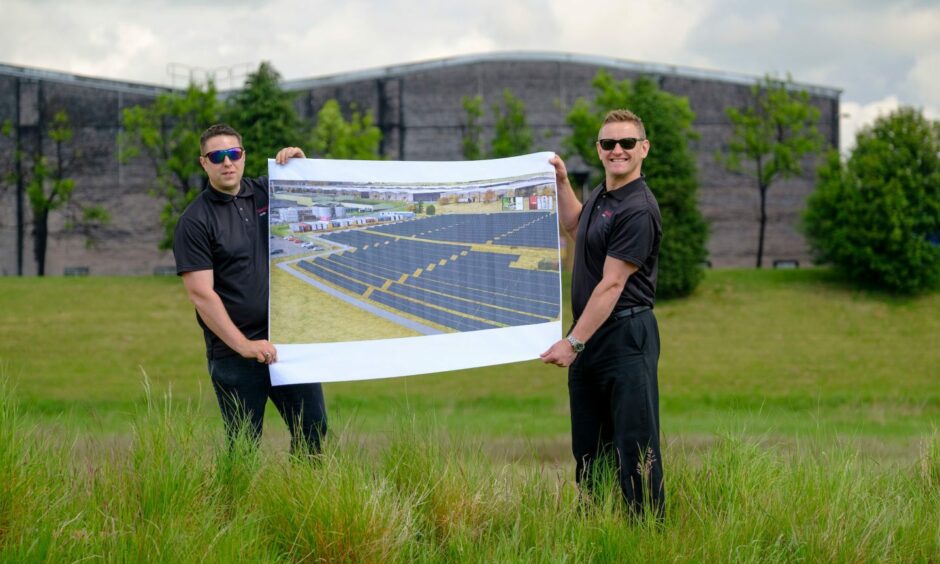
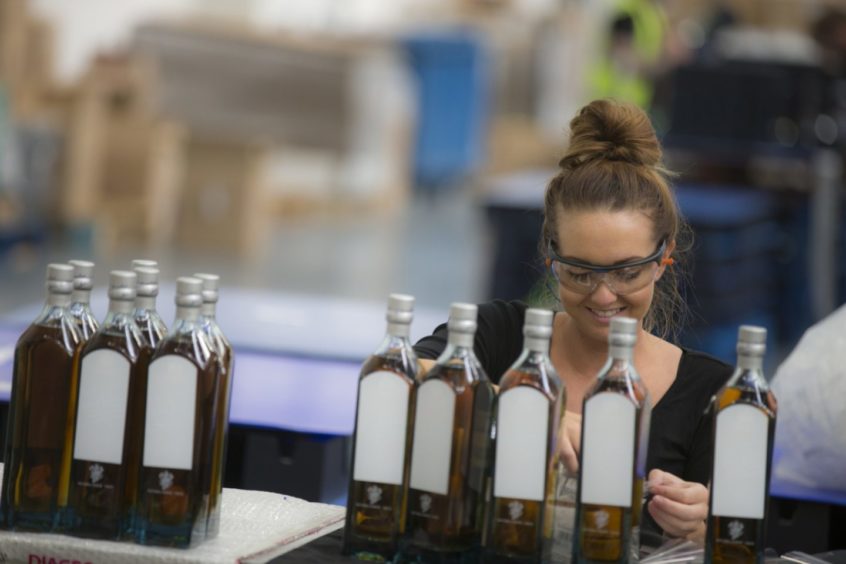


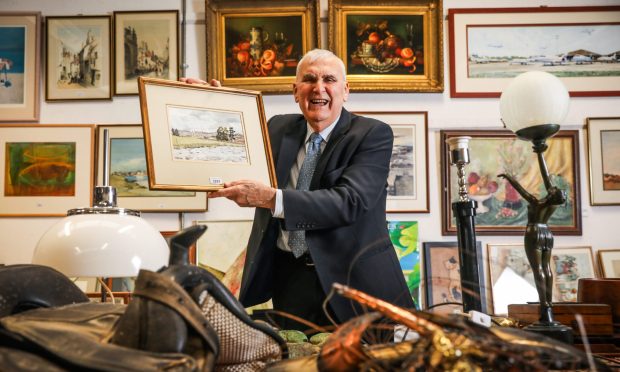




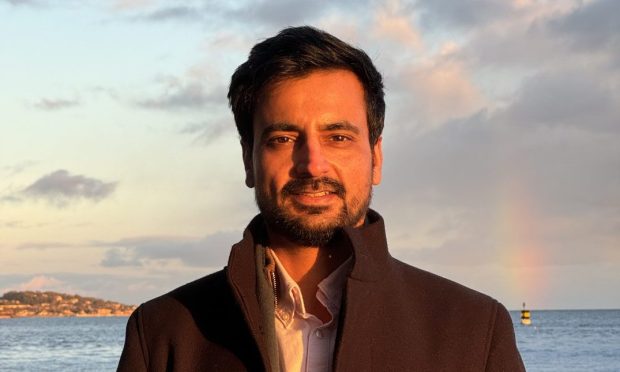
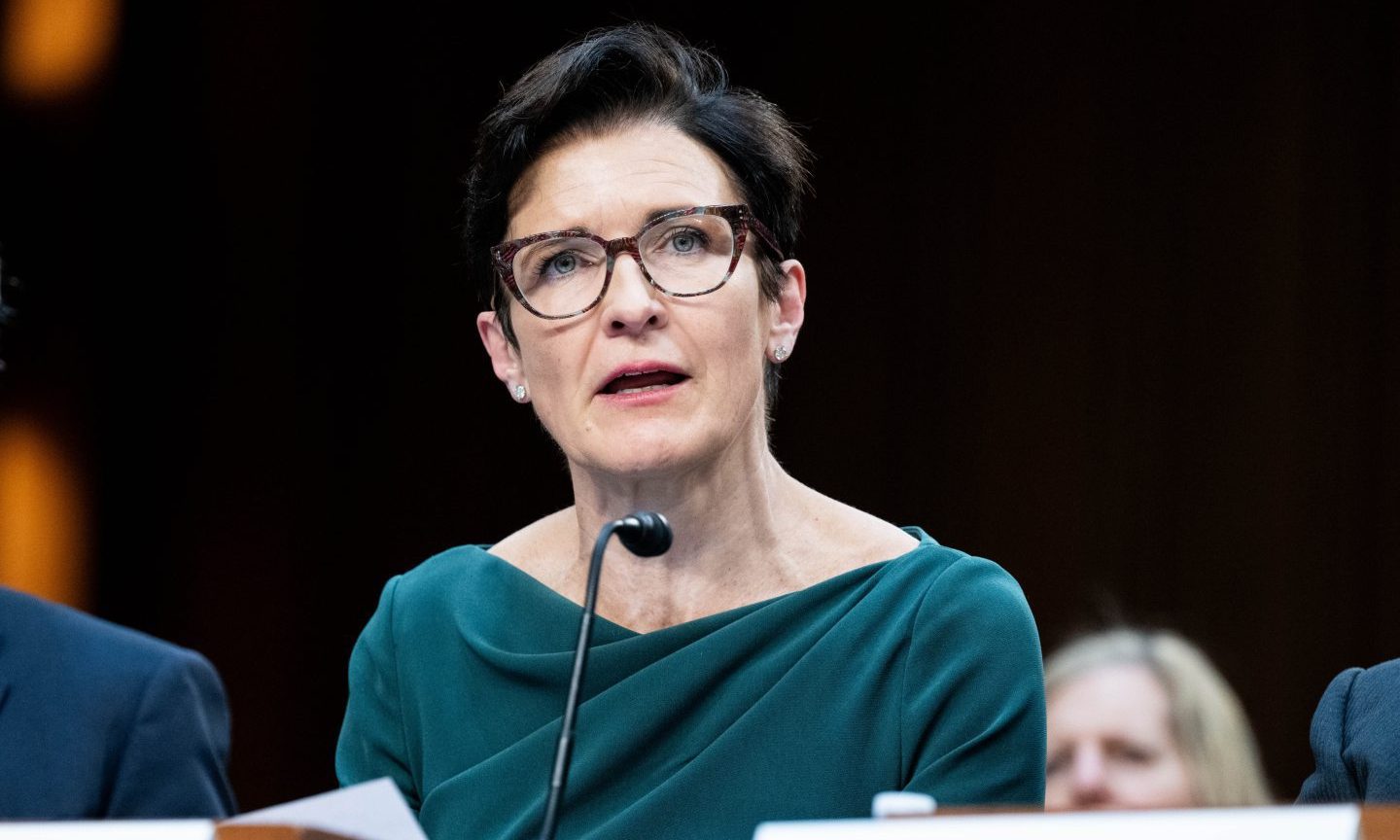
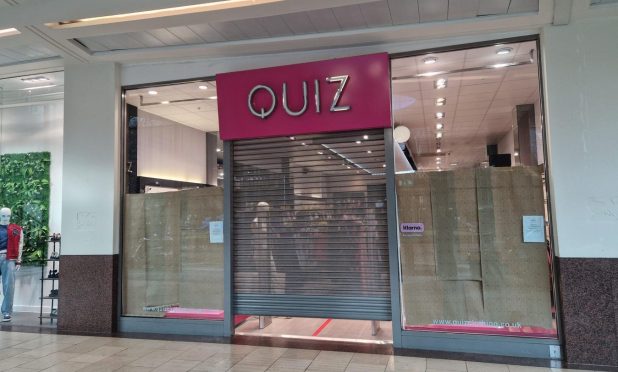
Conversation